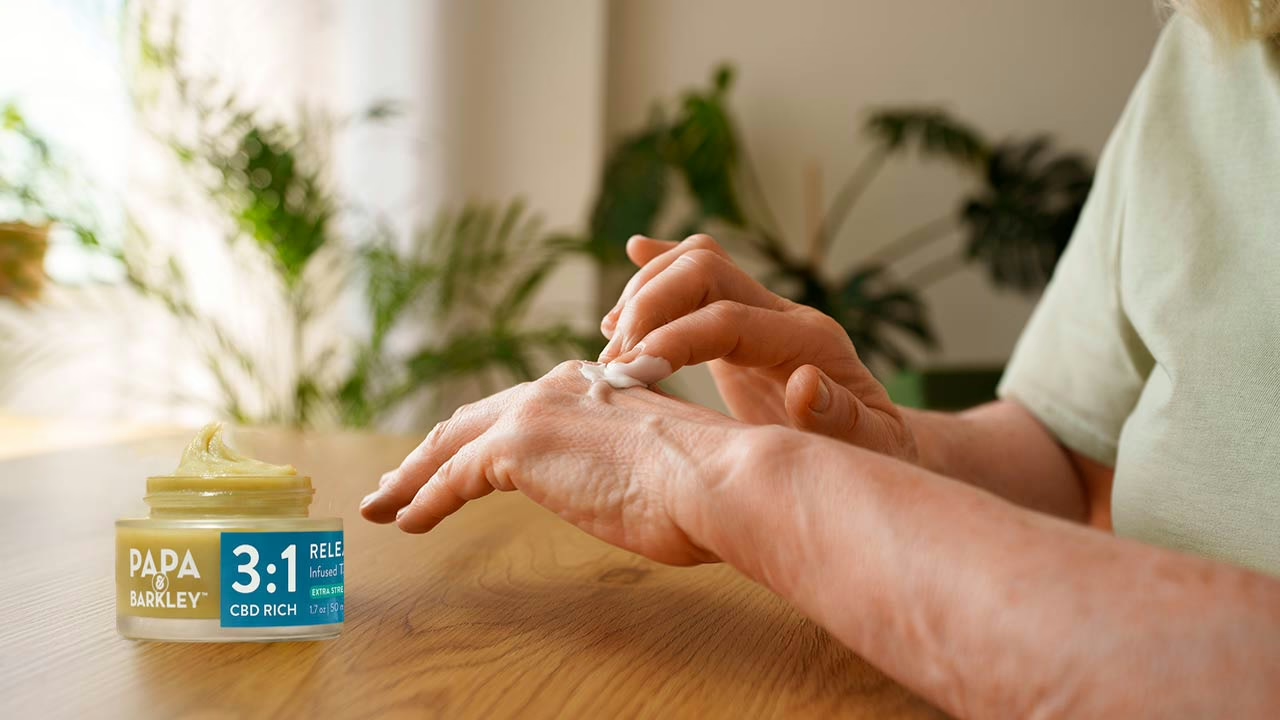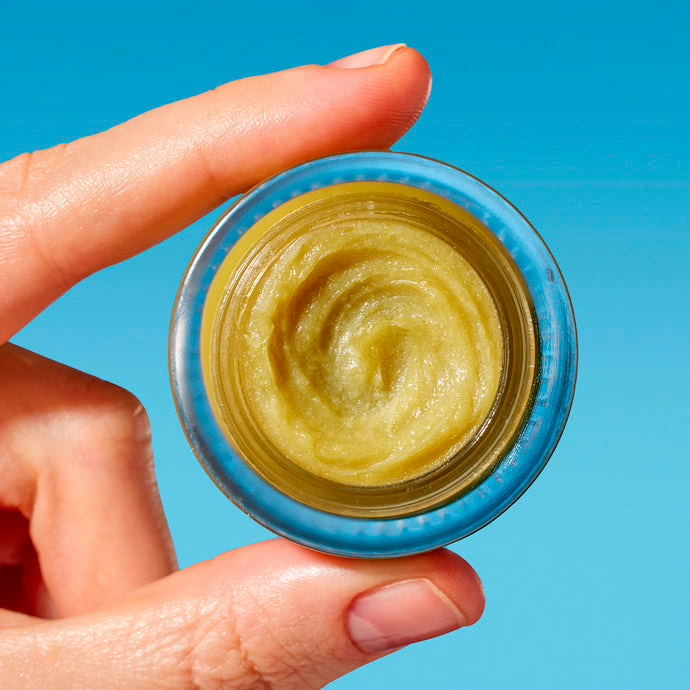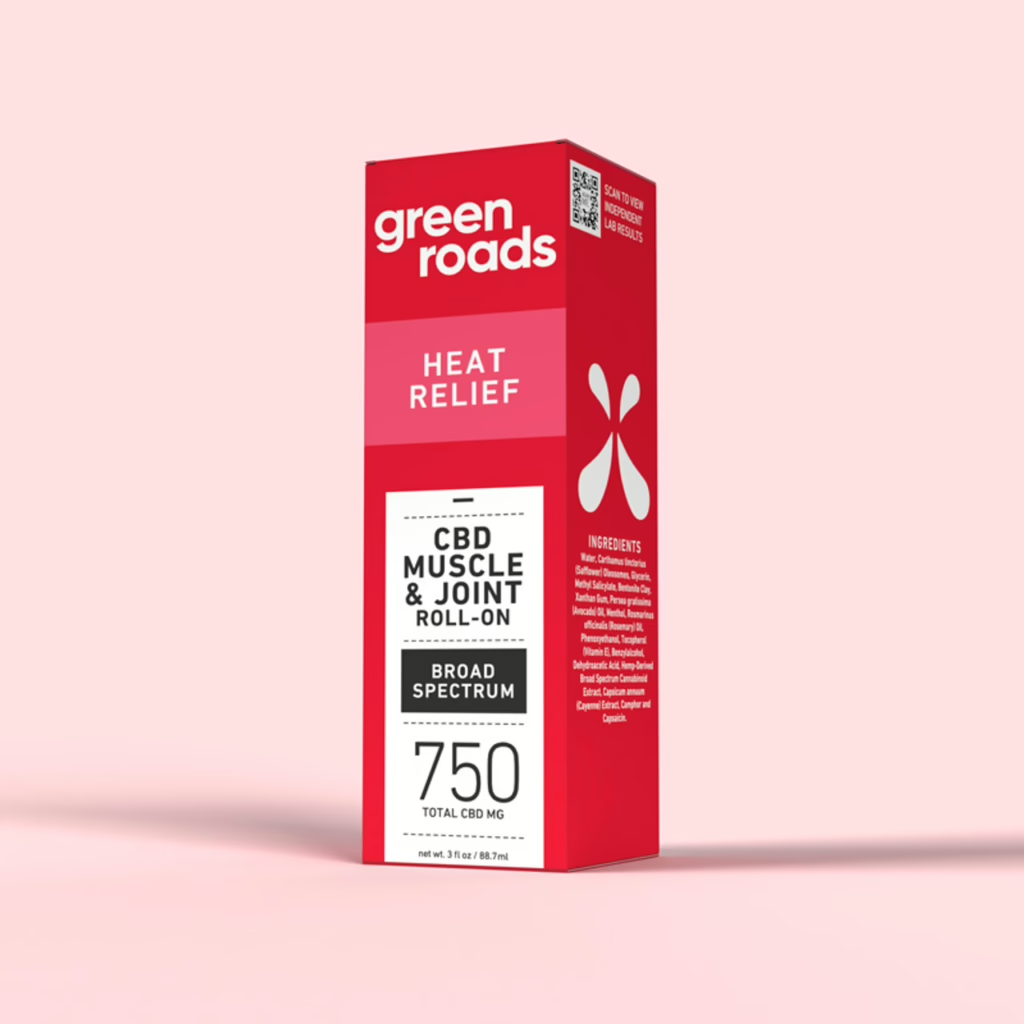Does Topical CBD Show Up On Drug Tests?
Summarize

Topical cannabidiol (CBD) products include a large variety of forms today. The CBD-infused topicals include creams, salves and balms, lotions, gels, roll-ons, patches, bath bombs and salts, body oils and lip balms. A survey found that 43% of participants prefer topical sprays, bath bombs, and skincare products, as well as patches, over other types of CBD products. This is significant because it indicates people using topical CBD products are finding relief in different ways. The question is whether there is a relationship between topical CBD and drug testing.

TL;DR (Too Long; Didn’t Read):
CBD, and other cannabinoids like THC, in topicals do not reach beyond the lowest skin layer, so it does not reach the bloodstream.
Drug tests only look for THC because it is psychoactive, and not CBD, which is non-psychoactive. Since cannabinoids in CBD topical products do not reach the bloodstream, with the exception of CBD patches made with enhancers, it is unlikely you would fail a drug test. However, it is not 100% sure. The safest strategy is to apply CBD isolate topicals, which have no THC.
Table of Contents
Do Drug Tests Look for CBD?
People who work want to know how drug tests detect THC or CBD. First, the standardized drug tests do not test for CBD. They are concerned with detecting psychoactive substances that are on the federal list of controlled substances. CBD is non-psychoactive, and it is legal per the 2018 Farm Bill when it is hemp-derived and the CBD product does not have more than 0.3% THC.
Drug tests look for THC metabolites, like THC-COO. There are different types of tests, including urine, hair, blood and saliva. THC metabolites are the molecules left after a natural chemical process breaks down THC in the body. The detection windows are different for each type of test.
| Urine | THC can be detected up to 30 days. |
| Hair | The detection period for a hair test is up to 90 days. |
| Saliva | THC can be detected up to 30 days. |
| Sweat | Cannabis is detectable up to 14 days. |
| Blood | THC is detectable for up to 12 hours, except for chronic users of THC in various product forms. |
The urine test is the most common cannabis test.
Further research is needed on the permeability of CBD through the skin and its ability to reach the bloodstream.
Does Topical CBD Produce a Positive Drug Test?
CBD containing in most topical products does not reach the skin’s deepest levels, where it can enter the bloodstream. Cannabinoids in CBD creams, lotions and gels generally only reach the stratum corneum, the outermost skin layer. Some CBD topicals can penetrate the dermis, which is the deepest layer of the skin. However, researchers seek new formulations with compounds that can penetrate the skin more effectively. They also study nanotechnology as a means of carrying CBD through the skin’s layers and into the bloodstream.

The one exception to standard topicals is the transdermal CBD patch. CBD and THC in the transdermal patch may cross the skin barrier and reach the bloodstream. However, this has not been definitively established. A transdermal patch contains an enhancer to increase permeation, as cannabinoids are hydrophobic molecules. They do not readily diffuse through skin layers.
The cannabinoids in CBD topicals interact with the endocannabinoid system in the skin. They do not reach the bloodstream in most cases, but even if they did, it would not be in a significant amount.

Can CBD cream show up on a drug test? Does CBD balm cause a failed drug test? Any CBD product that contains THC has the potential to cause a positive drug test. It is unlikely, but not impossible. Full spectrum CBD has up to 0.3% THC, so it is possible it could show up on a drug test. If you use a CBD topical frequently, there is a possibility that the THC could accumulate in your body over time and become detectable. However, this is not likely if you are only using a CBD topical and not taking CBD orally.
How to Use Toical CBD Safely and Pass A Drug Test?
What are safe CBD products for workplace drug tests? There are three CBD spectrums: full spectrum, broad spectrum and isolate. Comparing the various products with one of the three CBD spectrums helps you determine which CBD product is safest in terms of drug testing.
A high-quality CBD isolate product is truly THC-free because all of the psychoactive cannabinoid has been processed out.
Full spectrum CBD is the polar opposite. A full spectrum CBD extract has all of the cannabinoids in the hemp plant, including THC.
Broad spectrum CBD falls in the middle. The THC is stripped out during the processing of the hemp plant extract. Many broad spectrum CBD products are labeled THC-free. Transparent companies only call their broad spectrum CBD THC-free when there is no detectable amount.
So, if you are concerned about a drug test and want to buy broad spectrum CBD, choose the CBD topicals that say THC-free.
Reviewing the Certificate of Analysis (COA) is always important. An independent lab provides detailed information on the cannabinoids in the product. The information on the COA should match the information on the label.

Staying Safe From Drug Tests
There are safe CBD products for workplace drug tests, but the key is to be familiar with the CBD spectrums and how THC in some products may cause a positive result. There are also other considerations, of course, to ensure you buy a CBD topical that meets your skin needs. Topicals are formulated with various ingredients that support the skin, like botanicals and vitamins.
It is crucial to buy CBD topicals from reputable companies selling high-quality products. It is up to the consumer to conduct the necessary research, such as reviewing the Certificate of Analysis (COA) and reading customer reviews.
Sources
- https://www.singlecare.com/blog/news/cbd-statistics/
- https://pmc.ncbi.nlm.nih.gov/articles/PMC10061782/
- https://pubmed.ncbi.nlm.nih.gov/35637038/
- https://pubmed.ncbi.nlm.nih.gov/31793418/
- https://pmc.ncbi.nlm.nih.gov/articles/PMC4920965/#S1
- https://pmc.ncbi.nlm.nih.gov/articles/PMC3570572/
- https://pmc.ncbi.nlm.nih.gov/articles/PMC9710319/#sec1_6
- https://pmc.ncbi.nlm.nih.gov/articles/PMC9859876/#Sec2
Share this post


0